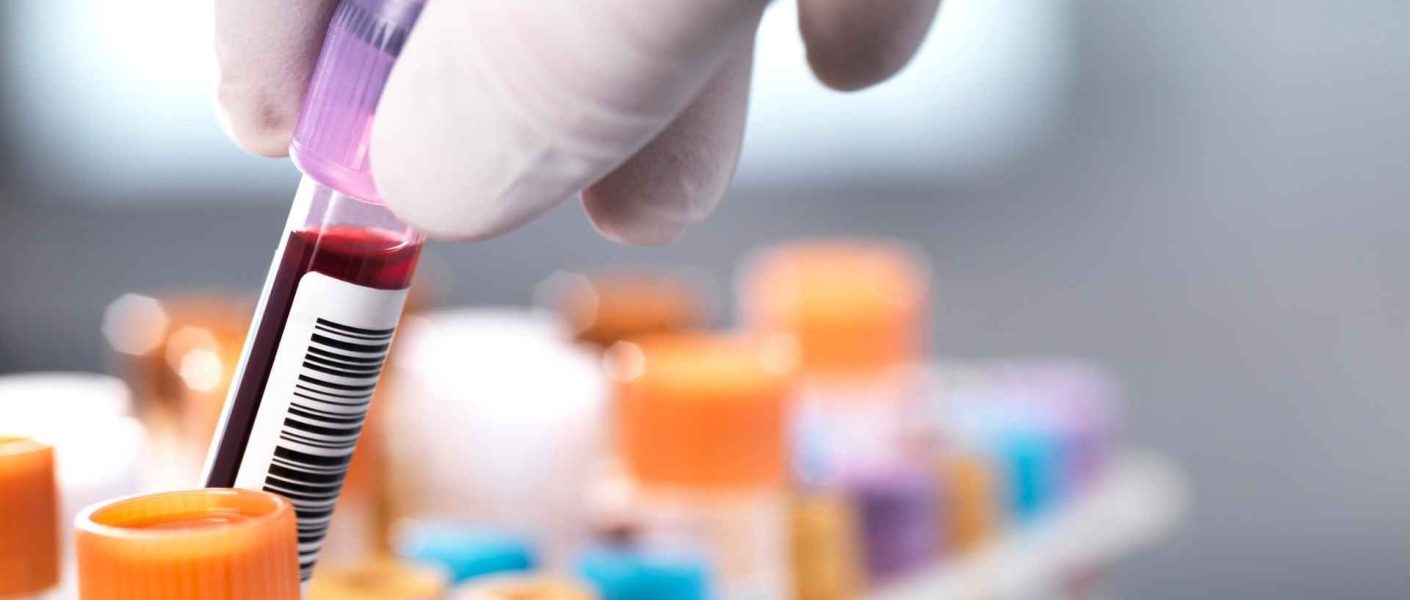Imagine a future where medical devices, tailor-made to our unique bodies and conditions, ensure the most effective treatments with the least side effects. Is it a far-off daydream? Actually, we are closer to realizing this vision more than you’d think, all thanks to medical device clinical trials.
As gatekeepers of innovation, these trials vigorously test the safety and efficiency of cutting-edge medical devices, bringing us closer to a healthier tomorrow. However, as we navigate the promising yet uncharted territories of these trials, we must sail past several formidable challenges standing our way. Yet, fear not. The end of this journey could lead us to revolutionary breakthroughs changing the face of medicine forever.
In the ever-evolving field of healthcare, medical device clinical trials stand as a critical pillar, driving revolutionary breakthroughs and advancements. These trials, underpinned by rigorous scientific investigation, allow us to probe the safety and effectiveness of newly proposed medical devices. Before these devices come into the hands of healthcare practitioners and ultimately, patients, they must demonstrate their reliability and worthiness in the setting of these trials. It is through this meticulous methodology that we are presented with the potential for revolutionary breakthroughs – defining a new trajectory in healthcare and reinforced by medical device clinical trials.
Importance of Medical Device Clinical Trials
medical device clinical trials hold a pivotal role in today's healthcare industry. They function as a critical component in ensuring the safety and efficacy of novel medical devices. Essentially, clinical trials contribute comprehensive, unbiased data that is imperative to regulatory approval processes set in place by authorities such as the Israel Ministry of Health. Without the substantiated evidence these trials provide, there could be an increased risk of presenting ineffective or unsafe medical devices to the patient population.
Enhancing Patient Care through Evidence-Based Medicine
Evidence-based medicine, fed by clinical trials, serves to substantiate the treatments that doctors administer, enhancing patient care and outcomes. When new medical devices pass through rigorous clinical trials, healthcare professionals are then able to make informed decisions based on solid evidence. This can lead to better patient prognosis, and in some instances, pave the way for less invasive procedures or therapies with reduced side effects.
Furthermore, the findings from these trials can be instrumental in the evolution of the healthcare landscape. They provide a starting point from which researchers, innovators, and manufacturers can identify areas for improvement, driving further advancements in the field. In the long term, the reassurance and knowledge enabled by medical device clinical trials are integral to advancing healthcare globally.
Challenges in Conducting Clinical Trials
The execution of clinical trials for medical devices is fraught with numerous obstacles. For starters, the recruitment of participants who meet certain eligibility criteria can be an uphill task. Oftentimes, willing participants might not meet the set physical, demographic, or clinical prerequisites, making their inclusion invalid. Even when eligible participants are found, convincing them to voluntarily take part in trials often requires tact and assurances of safety and ethical adherence.
Complexities of Ethical Consideration and Regulation
Another major challenge lies in upholding ethical considerations throughout the trial. Participants' rights, welfare, and well-being must always be at the forefront, and this can sometimes limit the extent of research. Furthermore, data collection requires meticulous execution to ensure accuracy, integrity, and reliability of results. As discussed previously in the 'Importance of Medical Device Clinical Trials' section, such data heavily influences regulatory approval and various medical practices, thus its critical role cannot be understated.
Meeting regulatory requirements, particularly in places like Israel with stringent rules around clinical trials, can be daunting. Notably, all trials must align with the directives set by the Medical Device Directive (MDD), amongst other local regulations. These stipulations can apply down to the minutiae of proper use of measurement units like Celsius, KGs, and Liters.
Ultimately, proper trial design and constant vigilance in monitoring and analyzing data is crucial in overcoming these challenges. More importantly, it facilitates the potential revolutionary breakthroughs that we will explore in the upcoming section.
Potential Revolutionary Breakthroughs
The realm of medical device clinical trials promises boundless revolutionary breakthroughs. The development of nanobots designed to deliver specific doses of drugs directly to diseased cells signifies one of the recent advancements with enormous potential. As discussed earlier, these trials continue to wrestle with various challenges. However, despite these hurdles, breakthroughs like these are testaments to the importance of continuous innovation and research in this field. These advancements could potentially transform healthcare delivery, heralding new eras of personalized, efficient, and quality patient care. They truly underscore the significance of medical device clinical trials.

